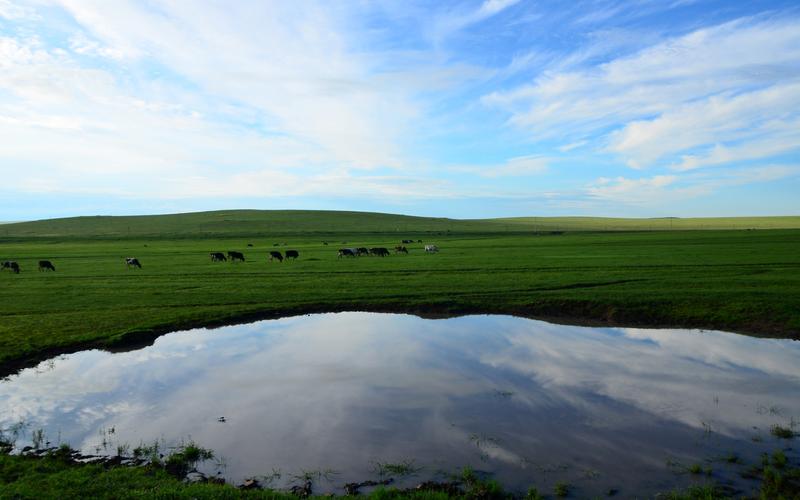Ducks are fascinating creatures that have captured our attention for centuries. These birds are known for their colorful feathers, webbed feet, and distinctive quacks. But what do we really know about their behavior and biology?
In this article, we will explore some of the most interesting and surprising facts about ducks. From their mating rituals to their unusual diet, we will delve into the mysteries of these beloved birds.
Behavior
Ducks are highly social creatures that form strong bonds with their flockmates. They are also incredibly adaptable and can thrive in a variety of different environments, from wetlands to urban areas. Here are some key behavior traits that make ducks unique:
– Courtship: Ducks have elaborate courtship rituals that involve displays of body language and vocalizations. Male ducks will often show off their brightly-colored feathers and perform elaborate dances to attract a female mate. Once a pair has formed, they will often stay together for a full breeding season.
– Nesting: Ducks build their nests in a variety of different locations, including in dense vegetation, on the ground, and even in tree cavities. They will often line their nests with soft materials like feathers and down to keep their eggs warm. Female ducks are fiercely protective of their nests and will often attack intruders to defend their young.
– Migration: Many species of ducks are migratory and will travel long distances to breed and feed. They have incredible navigational abilities and can use landmarks, stars, and even the Earth’s magnetic field to find their way. Some ducks, like the famous mallard, are able to adapt to living in urban areas year-round.
Biology
Ducks are also fascinating from a biological standpoint. They have a number of unique physical and physiological adaptations that enable them to survive in their environments. Here are some of the key biological characteristics of ducks:
– Feathers: Ducks are well-known for their feathers, which provide insulation and buoyancy in water. These feathers are also highly waterproof, thanks to a special oil that ducks produce from a gland near their tails. This oil helps to seal the feathers and keep water out.
– Webbed Feet: Ducks have webbed feet that are perfectly adapted to swimming. The webbing helps to increase the surface area of the foot, which allows the duck to push itself through the water more efficiently. It also helps to distribute the weight of the duck over a larger area, which makes walking on land easier.
– Digestion: Ducks have a unique digestive system that allows them to extract nutrients from a variety of different foods. They have a muscular gizzard in their stomachs that can grind up tough plant material and small stones, which helps to break down the food. They also have a special pouch called a cecum that ferments plant material and produces fatty acids that are absorbed into the bloodstream.
Conclusion
Ducks are amazing creatures that have captured the hearts and minds of humans for centuries. Their behavior and biology are complex and fascinating, and there is still much to be learned about these beloved birds. By understanding more about their unique traits, we can continue to appreciate and protect these important members of the natural world.
(Note: Do you have knowledge or insights to share? Unlock new opportunities and expand your reach by joining our authors team. Click Registration to join us and share your expertise with our readers.)
Speech tips:
Please note that any statements involving politics will not be approved.
